When building a cargo ship, choosing the right materials is crucial. One of the key decisions facing shipbuilders is the selection of aluminum alloys for hulls and structural components. Two common options are 5083 and 5086 aluminum.
In this blog, we will explore the characteristics, advantages, disadvantages and applications of 5083 and 5086 aluminum plates in cargo ship construction. After reading this article, you will have a better understanding of how to make the right choice for your cargo ship project.
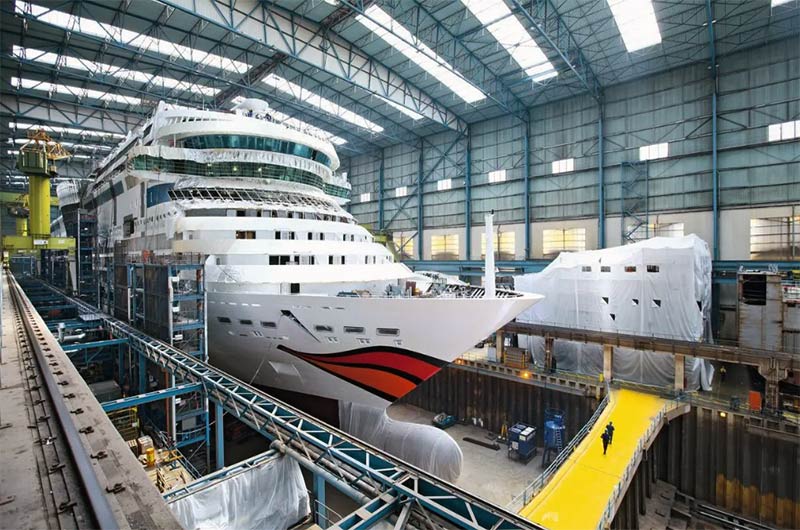
5083 Marine Aluminum for Cargo Ships
5083 is a high-strength, non-heat-treatable aluminum alloy composed primarily of aluminum, magnesium and manganese. Its properties make it a popular choice for a variety of marine applications.
While 5083 is not the strongest aluminum alloy, it provides a good balance between strength and weight, which is very important in cargo ship construction.
Applications: 5083 aluminum is commonly used in the hulls, superstructures and other structural components of cargo ships.
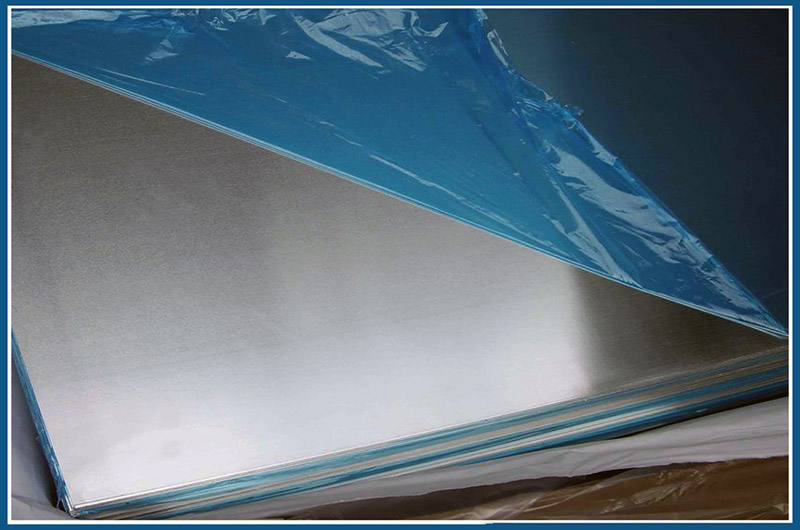
5086 Marine Aluminum for Cargo Ships
5086 is another aluminum alloy widely used in marine applications, including cargo ships. Like 5083, it is a non-heat treatable alloy with excellent corrosion resistance. Let’s discuss the characteristics of 5086 aluminum:
5086 aluminum, like 5083, has excellent corrosion resistance, making it a reliable choice for marine environments.
Applications: 5086 aluminum is commonly used in cargo ship hulls, superstructures and other structural elements.
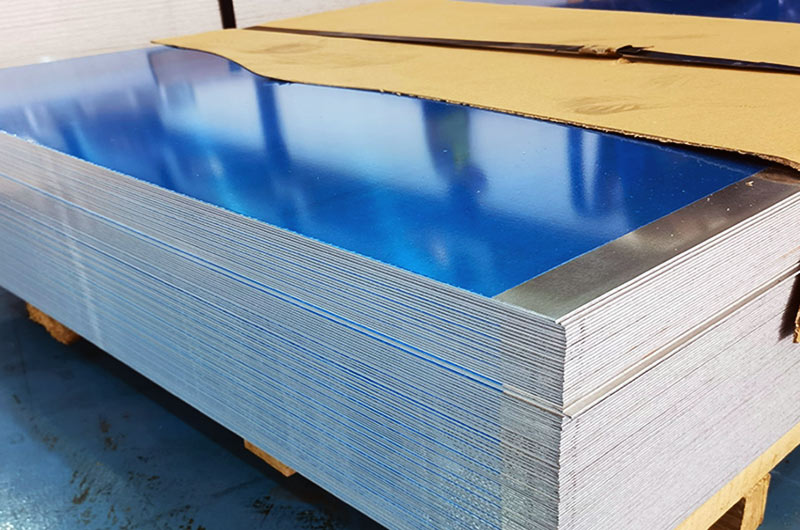
Compare 5083 Marine Aluminum vs 5086 Marine Aluminum
Now that we have a basic understanding of these two alloys, let’s dive into a detailed comparison to help you make an informed decision for your cargo ship project:
- Corrosion Resistance: Both 5083 and 5086 are highly corrosion resistant, making them ideal for marine applications. They can withstand the harsh conditions of salt water, minimizing maintenance and repair costs.
- Weldability: Both alloys are known for their excellent weldability, allowing shipbuilders to join components efficiently. Proper welding techniques should be used to maintain material integrity.
- Strength: While neither 5083 nor 5086 are the strongest aluminum alloys, they provide sufficient strength for cargo ship construction. The choice between them may depend on your vessel's specific design and load requirements.
- Formability: Both alloys are highly formable, allowing shipbuilders to shape and customize components to the needs of cargo ship designs.
- Weight: Given their similar characteristics, the weight difference between 5083 and 5086 aluminum is generally negligible, and both alloys help create lightweight yet strong cargo ships.
Applications and use cases
The choice between 5083 and 5086 aluminum often depends on the specific application and requirements of the cargo ship. Let’s explore some common use cases for each alloy:
5083 Marine Aluminum for Cargo Ships Use Cases
- Cargo Ship Hulls: 5083 is a popular choice for cargo ship hulls due to its corrosion resistance and formability, making it suitable for large curved surfaces.
- Superstructure: This alloy is used in the superstructure of cargo ships due to its weldability and durability.
- Tank Holds: 5083 is a reliable choice for tank holds and storage rooms on cargo ships, especially when carrying corrosive cargoes.
5086 Marine Aluminum for Cargo Ships Use Cases
- Cargo Ship Hulls: 5086 aluminum is commonly used in cargo ship hulls and other structural components to provide corrosion resistance and strength.
- Deck: Due to its durability and formability, it is a suitable material for cargo ship decking.
- Bulkheads and Bulkhead Doors: 5086 is used to construct bulkheads and bulkhead doors, ensuring structural integrity and corrosion resistance.
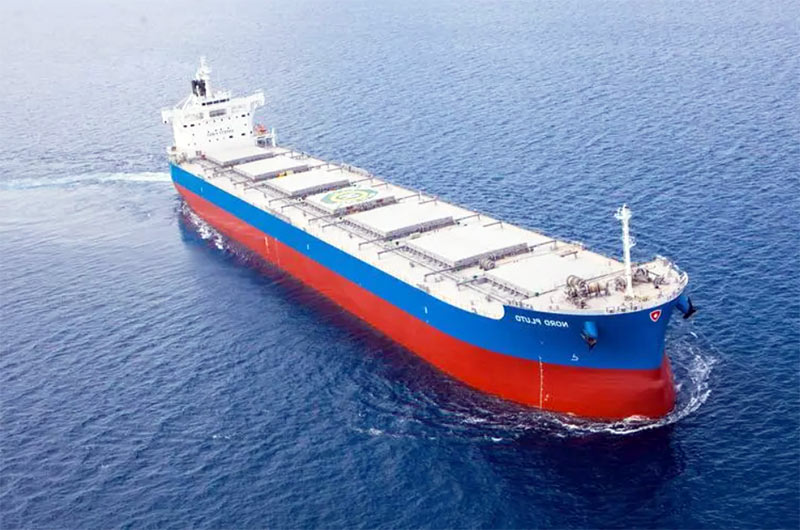
Precautions for using Aluminum on Cargo Ships
When choosing 5083 and 5086 aluminum for your cargo vessel, there are several factors you should consider:
- Environmental conditions: The specific marine environment in which your cargo ship operates will influence your choice. Consider exposure to salt water, humidity, and temperature.
- Design Requirements: The design of the cargo ship, including its size, shape and load capacity, will affect alloy selection. Consult with a naval architect to ensure that the aluminum chosen meets design specifications.
- Budget and Cost: While both alloys offer excellent corrosion resistance and formability, the cost of 5083 and 5086 may differ. Budget constraints may influence your decision.
- Maintenance and Repair: Evaluate how easy each alloy is to maintain and repair. Both the 5083 and 5086 are known for their repairability, but the availability of welding and repair services should be considered.
- Regulations and Standards: Make sure the aluminum alloy you choose meets industry and regulatory standards for cargo ship construction and safety.
Case Studies
To further illustrate the practical applications of 5083 and 5086 aluminum in cargo ship construction, let’s explore a few case studies:
1.Dry bulk carrier
Used to transport dry bulk cargoes such as coal and grain, the hull will be exposed to corrosive environments due to the nature of the cargo. The design of the ship required a smooth, curvaceous hull.
Solution: For this application, 5083 aluminum is a suitable choice due to its excellent corrosion resistance. Its formability allows the creation of the desired hull shape and it can be easily welded, ensuring efficient construction.
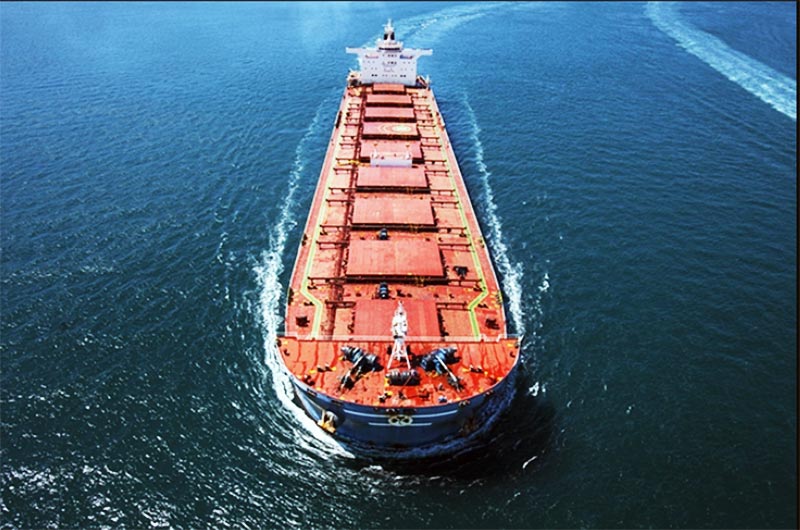
2. Ordinary cargo ship
Used for transporting general cargo in a variety of environments, including coastal and ocean routes. Cargo ships need to be strong, capable of carrying a variety of cargo, and have a versatile design.
Solution: In this case, 5083 or 5086 aluminum may be considered depending on the design of the vessel and the expertise of the shipbuilder. Both alloys offer excellent corrosion resistance and weldability, providing flexibility in design and application.
Conclusion
In cargo ship construction, choosing the right aluminum alloy is a critical decision that impacts ship life, maintenance and overall performance. Both 5083 and 5086 aluminum alloys offer excellent corrosion resistance, weldability and strength, making them popular choices in the industry.
5083 and 5086 aluminum should be selected based on the specific requirements of your cargo ship project. Consider factors such as ship design, operating environment, budget constraints and regulatory compliance.
Whichever alloy you choose, 5083 and 5086 aluminum have proven themselves to be reliable materials for cargo ship construction, ensuring durability and longevity in challenging marine environments. Choose based on the unique needs of your cargo ship project, and you'll be well on your way to building a high-quality vessel that can effectively serve its purpose.

